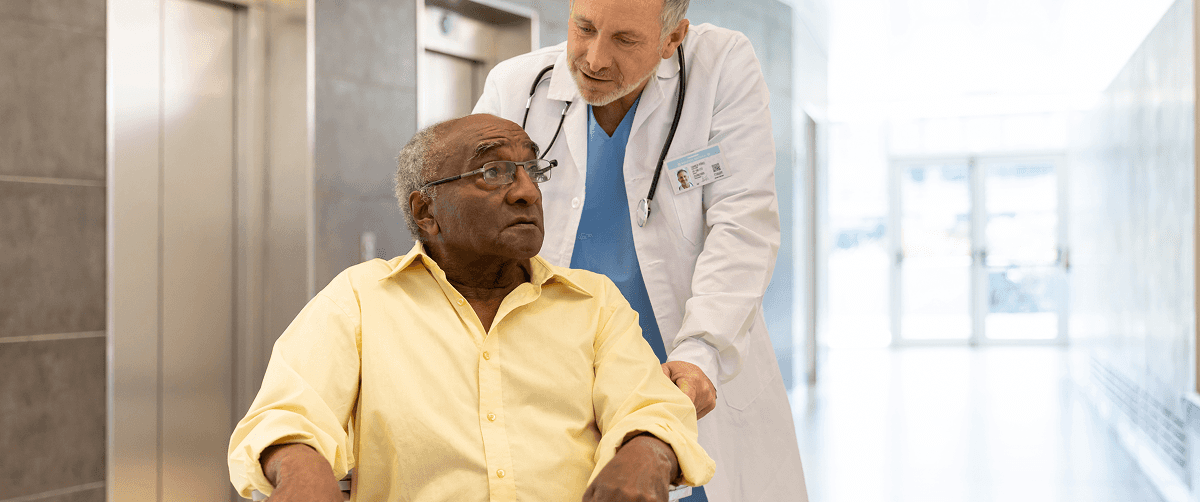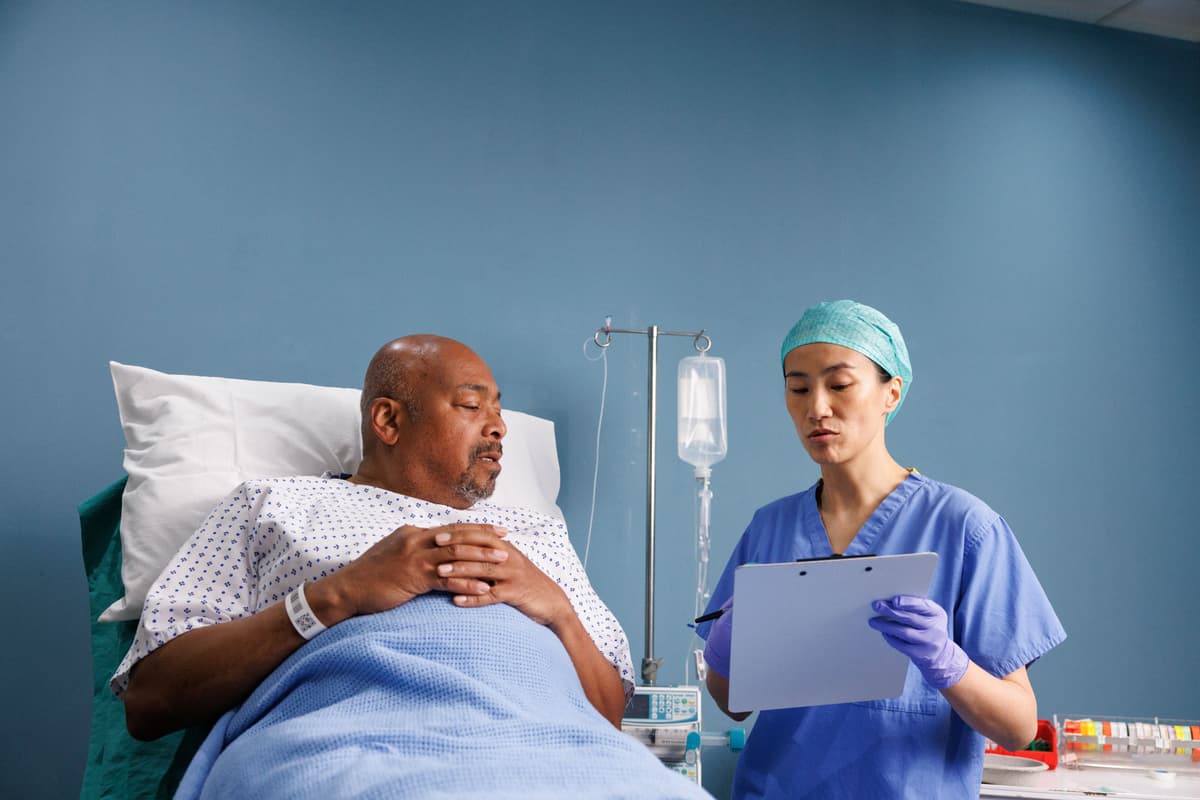
We bring our drug development expertise together with innovators in science and medicine to deliver early-phase clinical trials and bring more treatment options to cancer patients.
Our clinical experience spans multiple therapeutic modalities including antibodies, cell therapies, vaccines and small molecules. We’re always seeking new and innovative projects that maximize patient benefit, in particular first-in-class therapies and first-in-human clinical trials.
Explore partnering opportunitiesContact us to learn more about our workWe have a strong history of advancing cancer treatments. Some notable therapies we developed include:
Temodal, for the treatment of glioblastoma
Zytiga, for the treatment of prostate cancer
Rubraca, for the treatment of ovarian cancer
Explore our portfolio and pipeline

At the Centre for Drug Development, we have a team of over 100 scientists and operational staff located across the UK. Our in-house expertise includes translational science, preclinical transition, biomarker strategy and bioanalysis, medical oncology, trial design, protocol generation and pharmacovigilance.

From trial planning to patient-centred trial management apps and accessible information, we actively consult, collaborate and partner with people affected by cancer. Our dedicated panel of patient representatives bring the voice of the patient to our work, providing input across our clinical trials and other initiatives.
In addition to our own expertise, we have access to an expansive network integrating cutting-edge translational and clinical research. By uniting leading experts and advanced facilities, we can deliver the most promising therapies and advance patient care.
We deliver our clinical trials through the experimental cancer medicines centres (ECMC) network and selected European centres. The ECMC’s translational and clinical infrastructure is made up of 17 adult and 12 paediatric centres across the UK.
We work closely with the Formulation Unit, a pharmaceutical development facility for small and large molecule drugs, based at Strathclyde University. Its work spans analytical method and formulation development, stability studies and good manufacturing practice of investigational medicine products.
This is the translational arm of Cancer Research UK, focused on progressing cutting-edge innovations to create effective treatments and diagnostics for cancer patients. We work closely with Cancer Research Horizons to identify partnership opportunities for the clinical development of promising cancer therapeutics.

Tim Yap spoke to Sarah Halford about his career spent running clinical trials on both sides of the Atlantic and how the global community can accelerate the development of new treatments.

Aleta Biotherapeutics and Cancer Research UK announce promising findings from the ongoing phase 1/2 ALETA-001 clinical trial. The trial is evaluating the safety, tolerability and early efficacy signals of Aleta’s first-in-class biologic CAR T-cell engage.

Discover the latest news and press releases related to our work, including partnering, clinical trials and patient involvement activities.